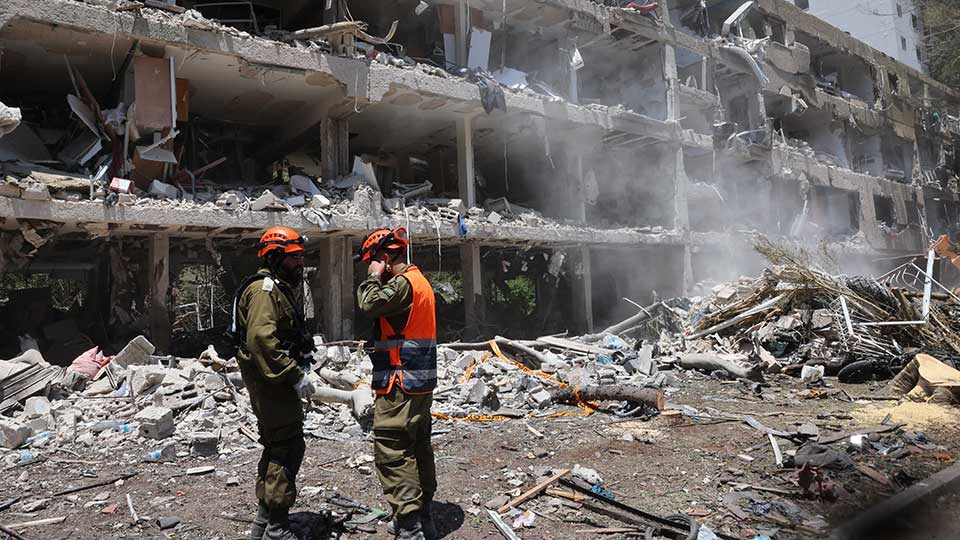
Richard Weitz, Senior Fellow, Hudson Institute
Aug 08, 2025
China declined an opportunity to join Iran in its June 2025 confrontation with the United States and Israel. Though Beijing enjoys good relations with the Iranian regime, competing alignments and other considerations convinced PRC policymakers to adopt a low profile during the twelve-day war.
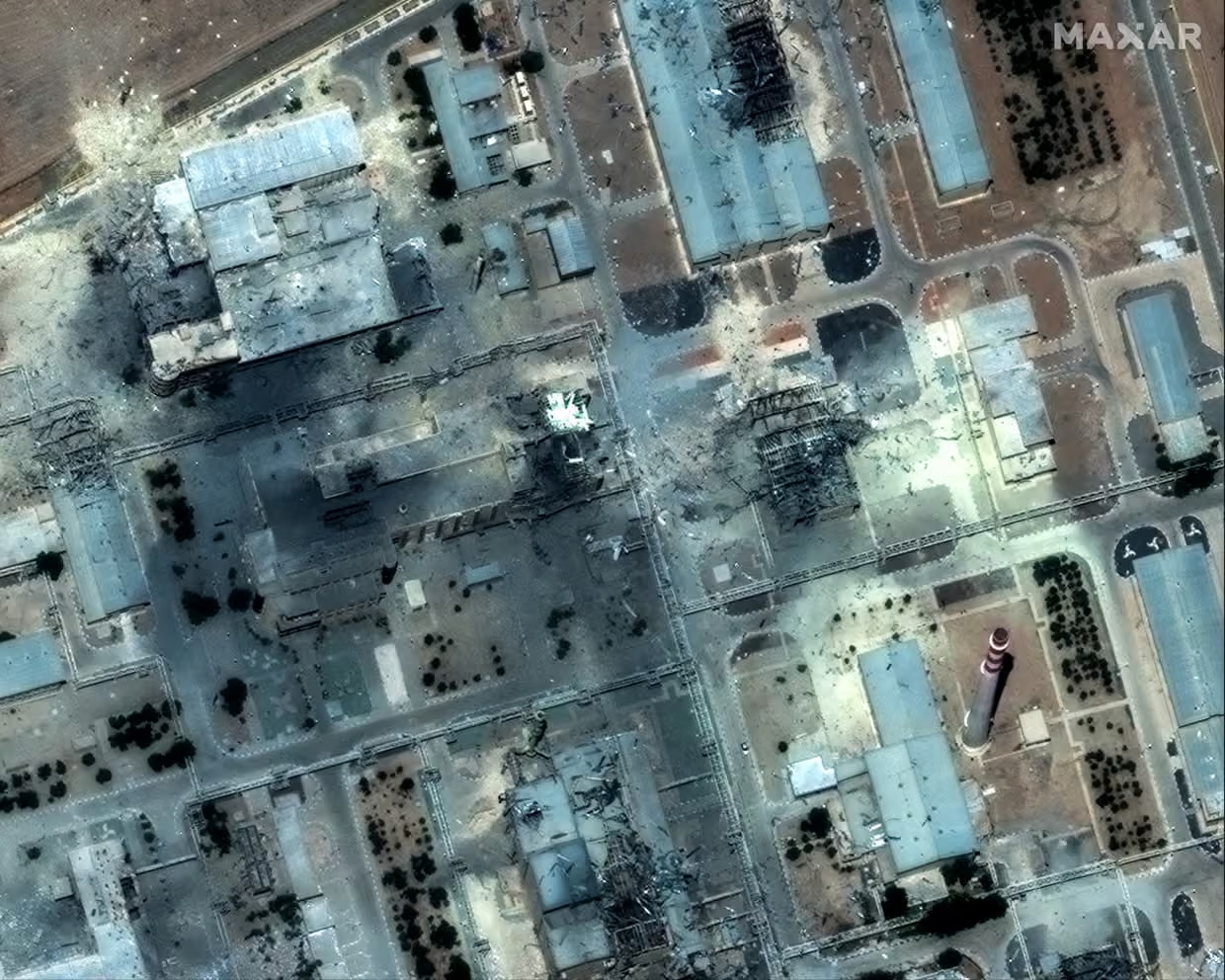
Zhang Zhixin, Research Professor of Institute of American Studies, CICIR
Jul 30, 2025
Attacking Iran’s nuclear facilities showed the pragmatism of U.S. foreign policy. The airstrikes were neither purely isolationist nor ideologically preemptive. Instead, they were a calibrated, interest-driven move to neutralize a threat while avoiding overcommitment.
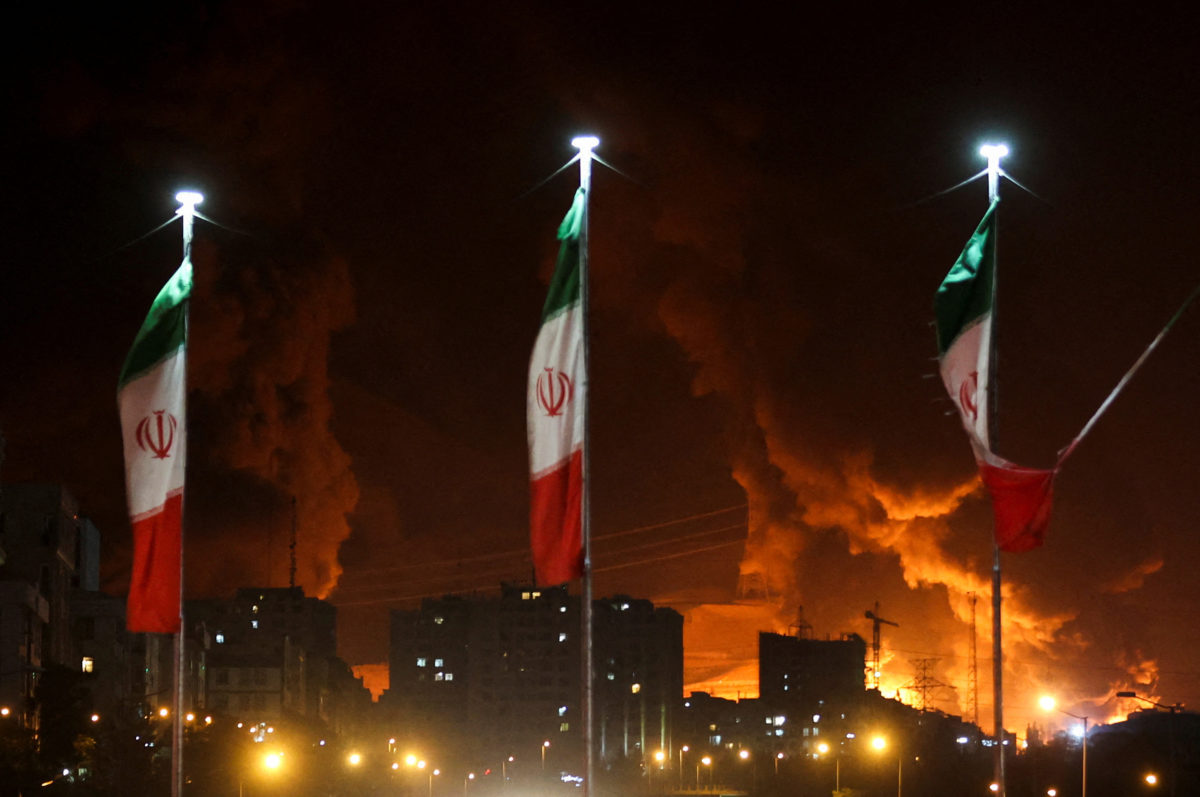
Wang Zhen, Professor and Deputy Director, Institute for International Relation Studies, Shanghai Academy of Social Sciences
Jul 21, 2025
The answer will depend on whom you ask. But one thing is certain, the attacks by Israel and the United States on Iran’s nuclear facilities did not advance the cause of peace in the Middle East. They only added to suspicions and made a resolution more difficult to attain
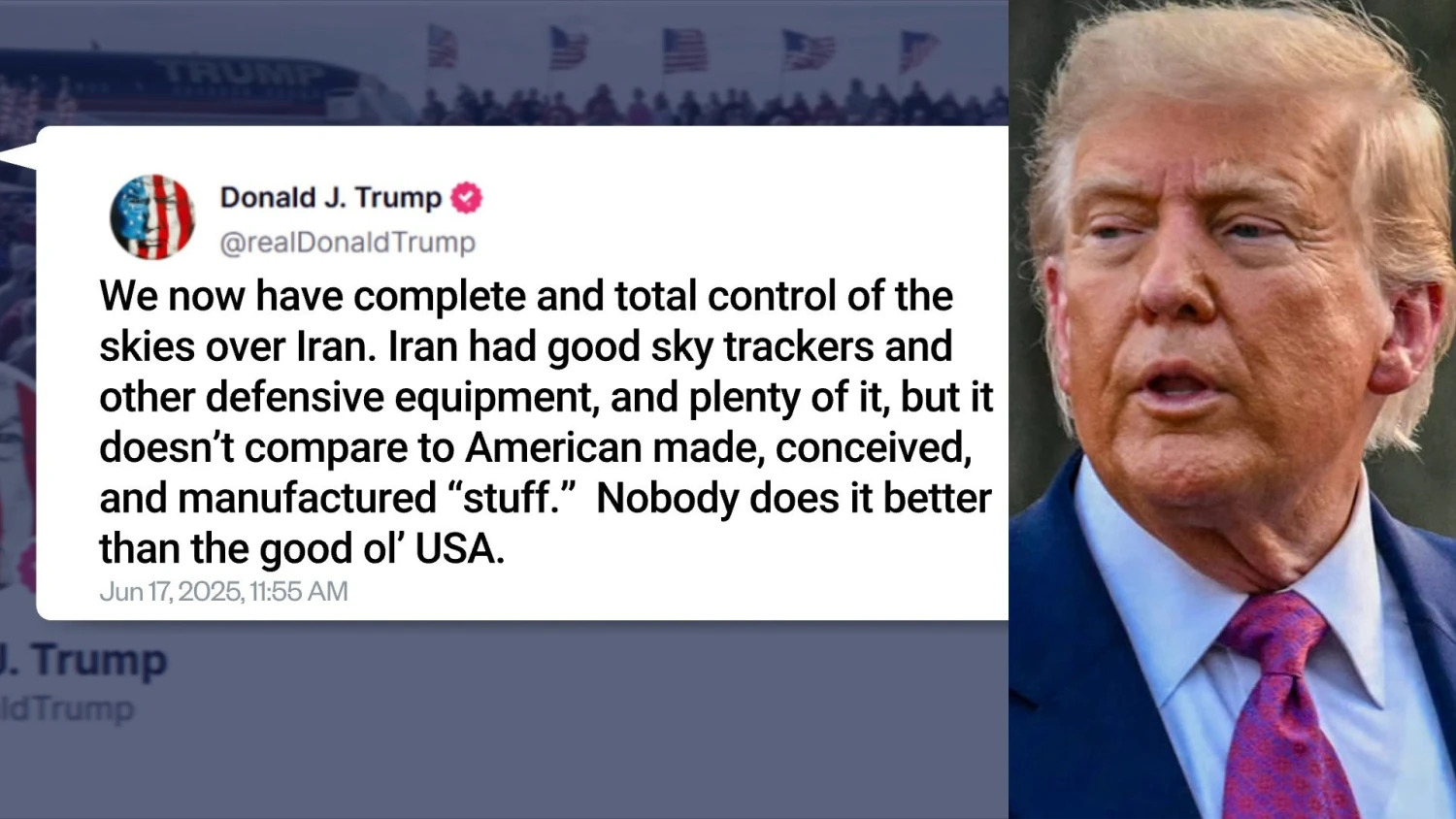
He Wenping, Senior Research Fellow, Charhar Institute and West Asia and Africa Studies Institute of the China Academy of Social Sciences
Jul 04, 2025
Was the so-called 12-day war a triple victory or a triple defeat? Will Americans tolerate a policy of “Israel first” over “America first”? The answers to these and other key questions will determine whether, and how deeply, the United States could be drawn into the fray again.
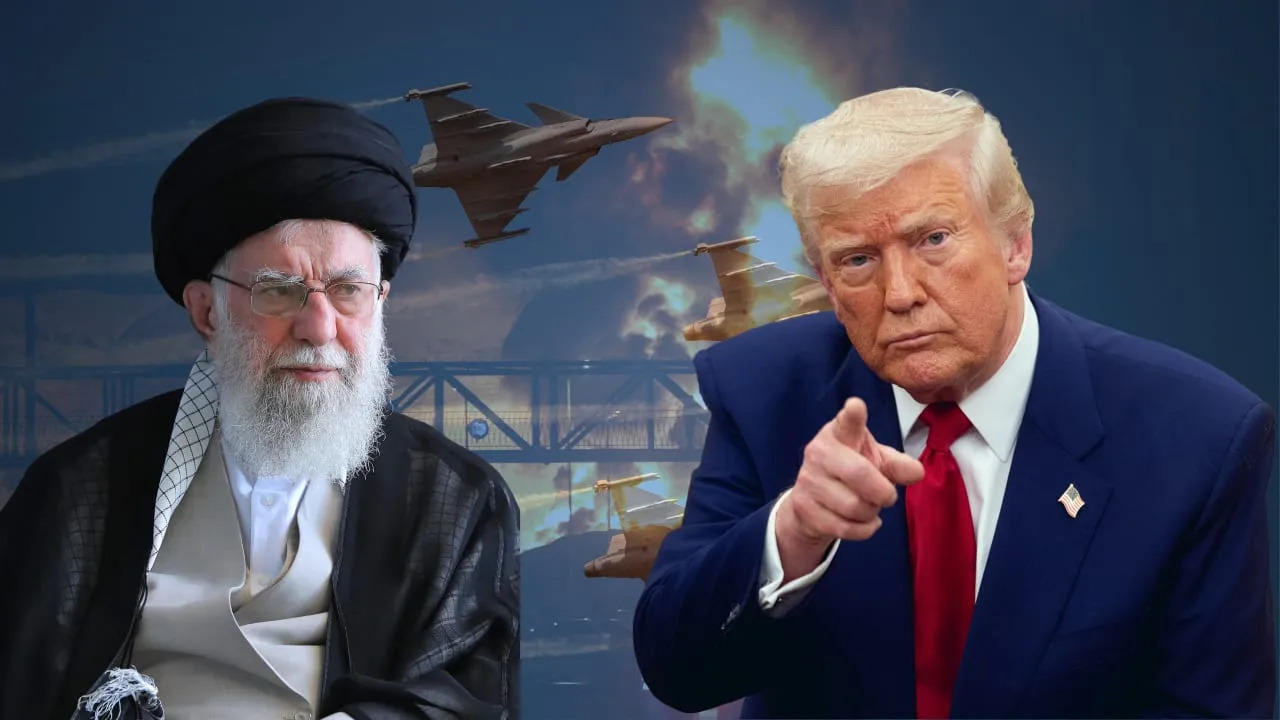
Wang Zhen, Professor and Deputy Director, Institute for International Relation Studies, Shanghai Academy of Social Sciences
Jun 25, 2025
The bunker-busting strike by United States will only harden the resolve of many in Iran to push for nuclear weapons. Meanwhile, the two countries may fall into a pattern of “attack-retaliate-attack,” which could develop into one of the biggest failures in human history.
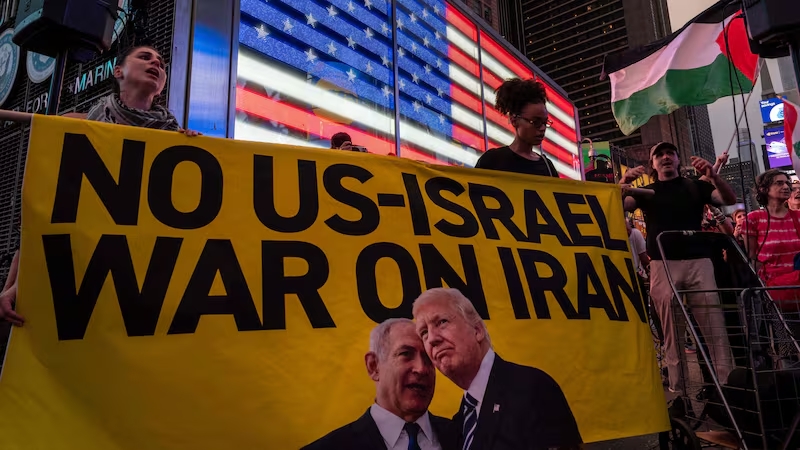
Dan Steinbock, Founder, Difference Group
Jun 19, 2025
The Israel/U.S. Iran offensive is not about nuclear weapons. It is about still another unwarranted proxy war. It aims at the restoration of pre-1979 Iran.
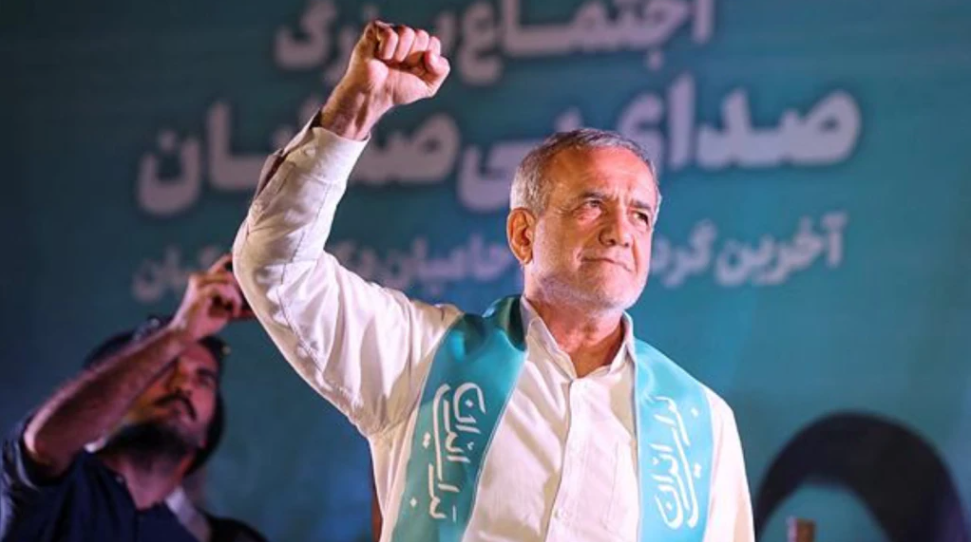
He Wenping, Senior Research Fellow, Charhar Institute and West Asia and Africa Studies Institute of the China Academy of Social Sciences
Jul 26, 2024
The new Iranian president, Masoud Pezeshkian, is a reformer who may represent a change in the country’s national mindset. But he will likely to continue to “look East” in the future, fostering closer economic and trade cooperation with China.
He Wenping, Senior Research Fellow, Charhar Institute and West Asia and Africa Studies Institute of the China Academy of Social Sciences
May 02, 2024
Washington does not want the Israeli-Palestinian conflict to escalate, as that would undermine its “pivot to Asia” strategy. But it doesn’t mind so much when Israel attacks Iran because that serves as a sort of proxy warning to other hostile forces in the Middle East.
Zhong Yin, Research Professor, Research Institute of Global Chinese and Area Studies, Beijing Language and Culture University
Feb 20, 2024
America’s actions that are directly detrimental to China’s interests render China’s cooperation in some regions irrelevant. The good news is that China and the U.S. have agreed to strengthen cooperation. But to ensure concrete results, the U.S. needs to do more.
Jin Liangxiang, Senior Research Fellow, Shanghai Institute of Int'l Studies
Feb 01, 2023
The most likely scenario for a degree of success is that Iran stops short of building a weapon. This would pressure the U.S. while keeping strategic risks under control. But prospects for trouble are looming this year. All parties will have to work for the best while preparing for the worst.
Back to Top

- China-US Focus builds trust and understanding between the U.S. and China through open dialogue among thought leaders.
- Our Offerings
- Topics
- Videos
- Podcasts
- Columnists
- Research Reports
- Focus Digest
- Stay Connected
-
Thanks for signing up!
- Get the latest stories from China-US Focus weekly.